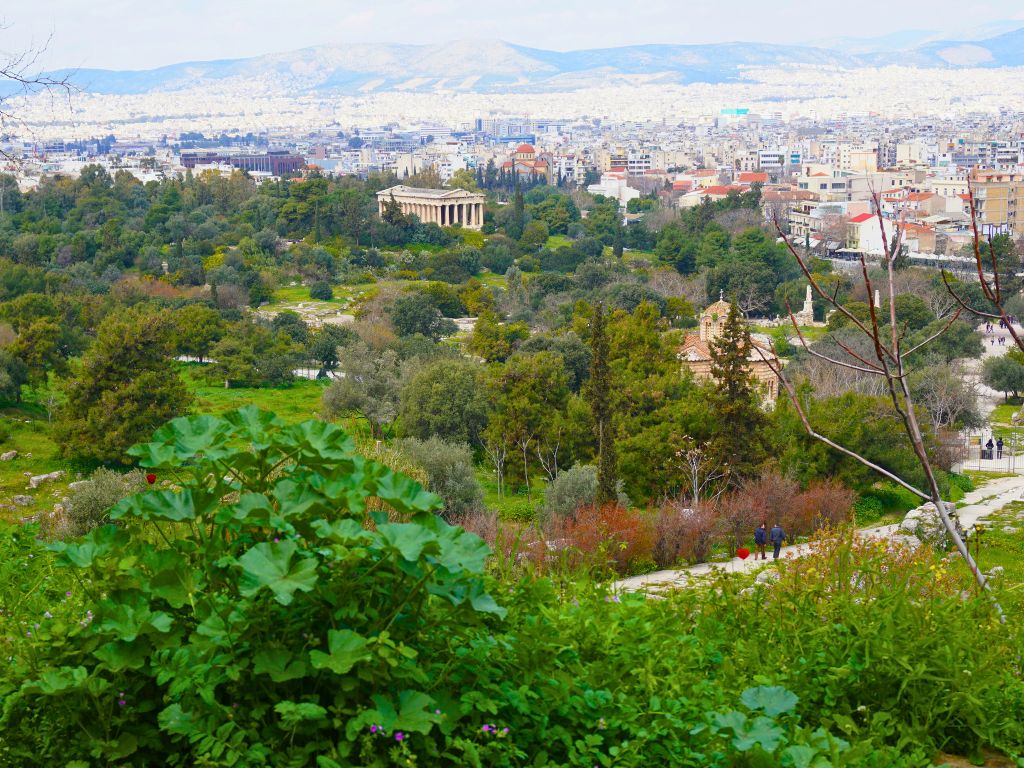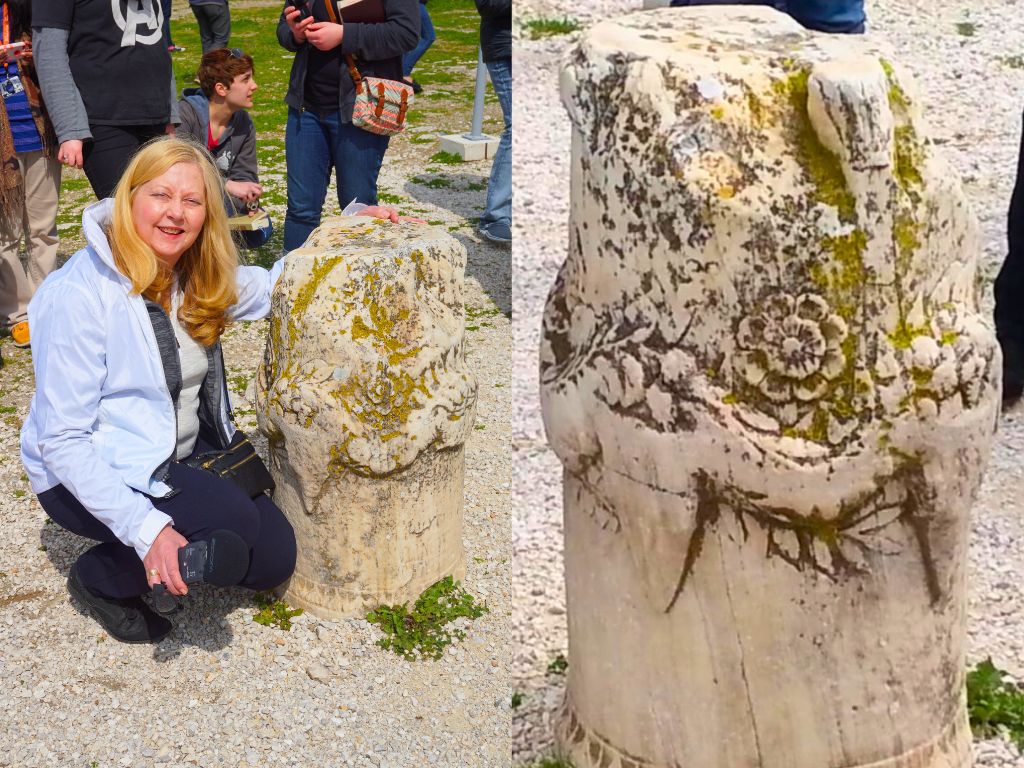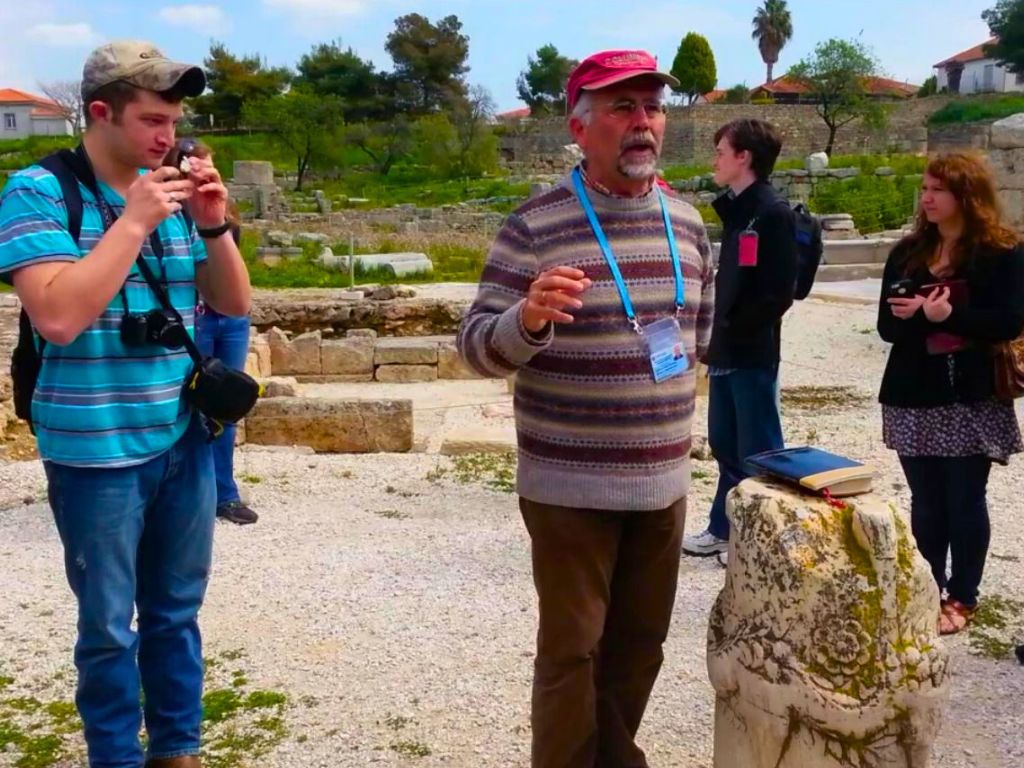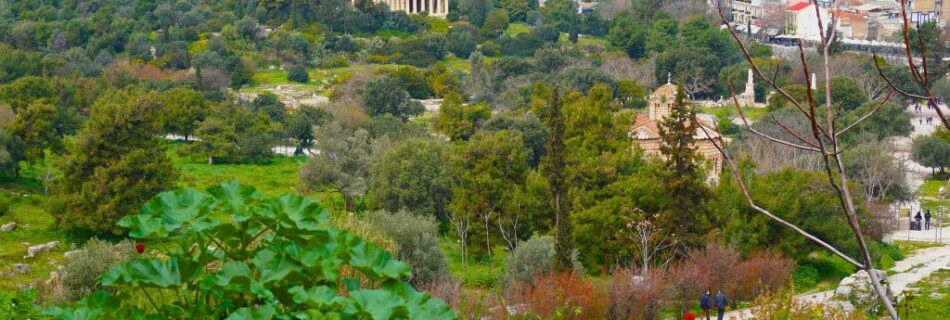When the Apostle Paul came to Corinth, he made tents to sell. And he found another couple, Aquila and Priscilla, who were also tentmakers. But Corinth was the richest city of that time, a mega city, a city which offered hospitality of all kinds, including hotel facilities and guest houses. And Paul was in Corinth, making tents? Who in Corinth would buy a tent, to dwell in such an extensive urban center? Are tents for rural areas, areas outside of the cities, or are they for areas where hospitality facilities are full?
In the 19th century the rationalists and many others questioned the need for tents in Corinth.

The rationalists said, “Look, here is another mistake in the New Testament.” They claimed that tentmaking only came to Corinth centuries after the Corinthian glory was forgotten, after the year 410 AD when Corinth took a very big decline in poverty – from which it never recovered. So, the rationalists said that the Biblical text about tents being in Corinth was written in the eighth century by monks, who had no idea about what kind of city was Corinth at the time of the Apostle Paul.
The rationalists considered tentmaking at the time of the Apostle Paul, in Corinth, a joke.
But the answer came through the archaeological discovery of the Gallio Inscription, found on the other side of the Corinthian Gulf at the Oracle of Delphi – the very famous international religious center. Archeologists found marble pieces, stone inscriptions and they learned about the population, and of the letter that Emperor Claudius sent to the people of the priesthood of the sanctuary. In the Gallio Inscription Emperor Claudius announced a new Proconsul of Achaia, whose seat would be in the capital of Achaia, the city of Corinth. And Claudius was the emperor during the time that the Apostle Paul was traveling through all the Mediterranean wealth, spreading the Gospel.
The Emperor’s letter said that the new proconsul was Gallio and Gallio was coming to Corinth. From the Gallio Inscription we can date precisely when Gallio was in Corinth. He was in Corinth from the end of May 51 AD until the end of May 52 AD. The Apostle Paul had come to Corinth shortly before Gallio was in the city. When Gallio came in the city, the Jews brought Paul in front of Gallio at the bema (Acts 18:12-13.)

We also know, from the records of Poseidon’s temple in Isthmia by the Sea, that the Isthmian Games were in Corinth at the beginning of the summer of 51 AD. That record says that during the games, the crowds who visited the city, either to participate or to watch the games, were so many – from all the edges of the Mediterranean world and the Black Sea – that there was not room enough for them within the walls and 1000’s of them stayed outside of the city walls in the fields using tents.
We also have an answer to another theological question. Why did the Apostle Paul leave the city of Athens in a hurry? Athens was the only city where Paul was not persecuted. In Philippi, Paul went to prison, he was beaten badly. Then he went to Thessaloniki and had to escape from the city by night. Then from Berea he escaped by sea to come to Athens. But in Athens… to relax, have a philosophical debate, a philosophical discussion, and that is all. But he rushed out of Athens to come to Corinth. Why? Tents were needed in Corinth during the Isthmian Games.”
Many theologians had said that Paul left Athens because he felt inferior in front of the supreme intelligence of all the Mediterranean world, the Athenian philosophers. Definitely not. Paul spoke a masterpiece on Mars Hill. He was a supreme architect of the Art of Speech (His speech is still used by many schools teaching oration, not necessarily in religious schools.)
Paul came to Corinth before the Isthmian games so that he could make tents to sell to the athletes and the spectators. The Apostle Paul was a self-supporting missionary. As a tent maker he met people from all over the Mediterranean world, all over the ancient world, and shared with them the gospel – something that he could not do going to their homes, but that he did as a tentmaker. Because of the Gallio Inscription we precisely know the time when the Apostle Paul stayed in Corinth. And because of that, we are able to date precisely all the events of the book of Acts. The author of the book of Acts put all the events described in Acts in a very strict historical role.

